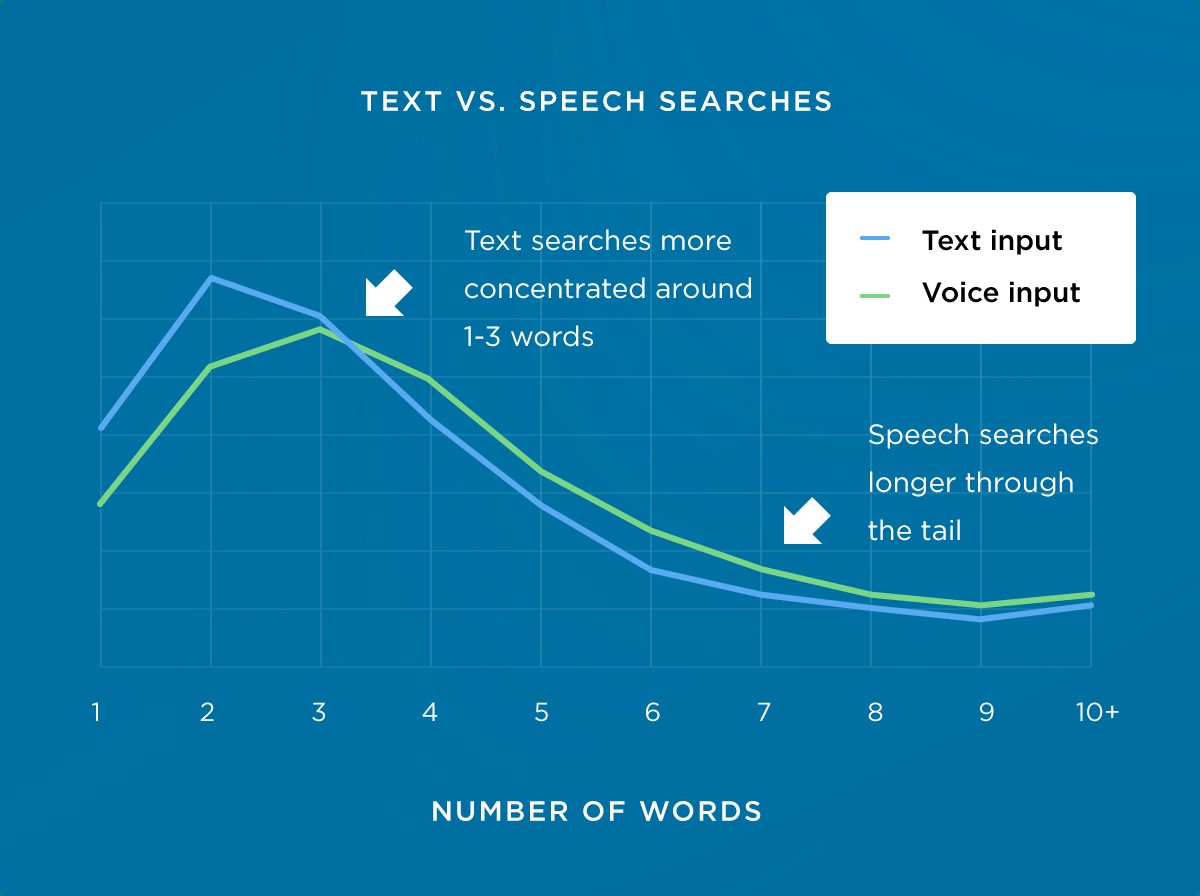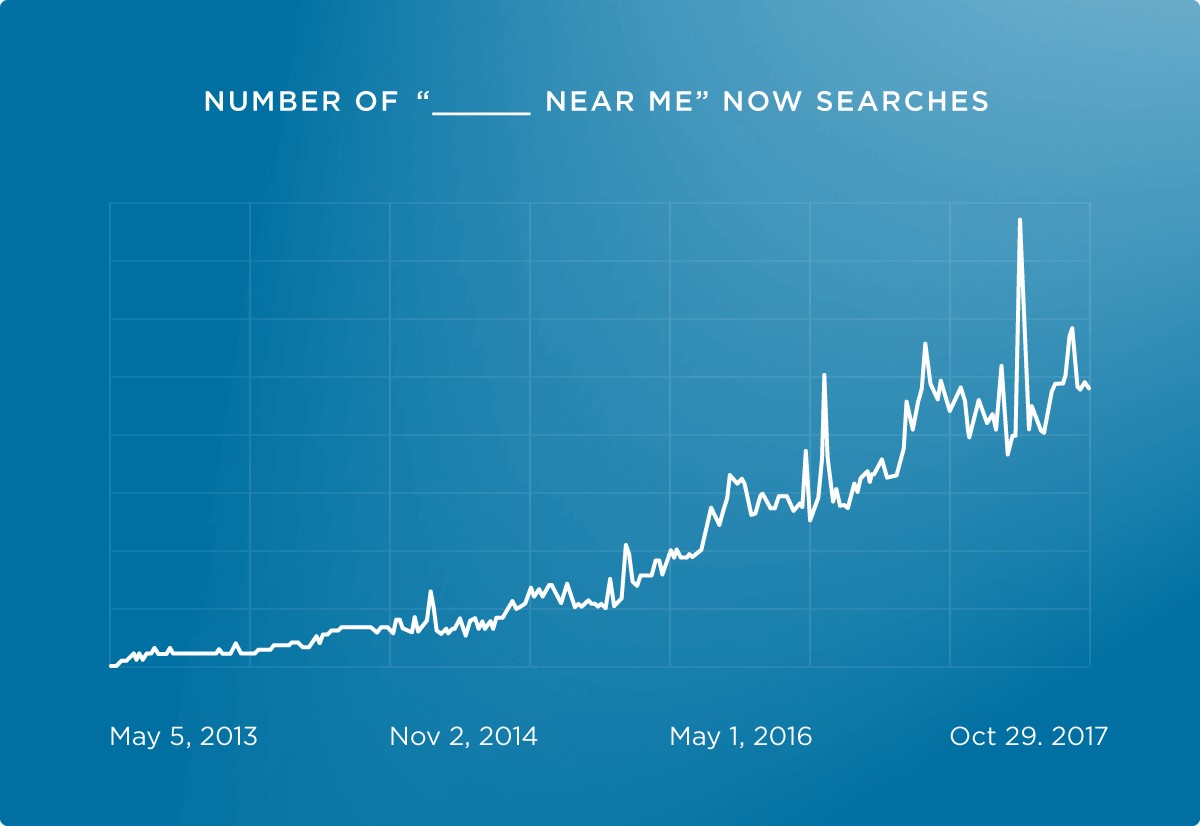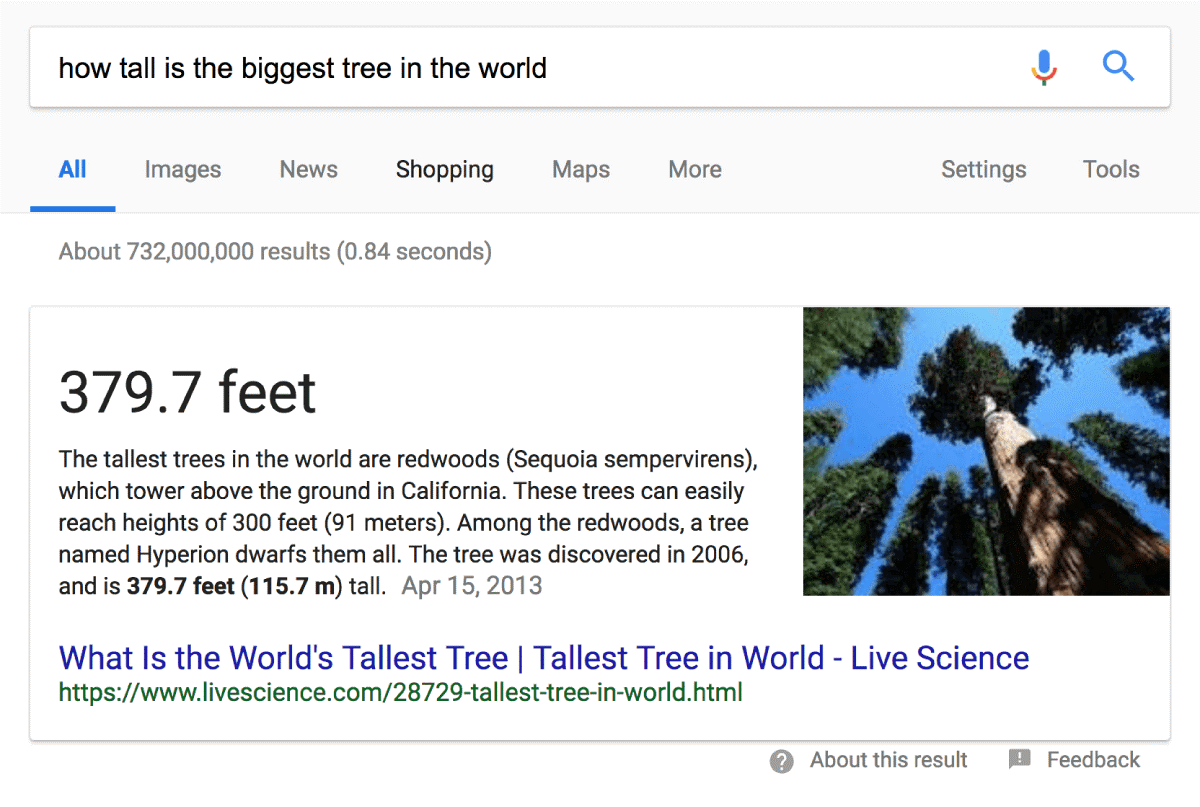Around 99% of technological advancements are done to make human life more easy, gone are the days when you had to unlock your system, open chrome, type in your query and then press enter, now all you have to do is just say the words and voice search algorithms will not only find your searched query but also will read it out loud for you.
The latest Amazon Alexa has made the voice search more interesting as it literally is an assistant that is available just one word away. It is a careful estimate that by 2025, half of the searches will be done without a screen and it can be true as advent of 5G is really making some dreams a reality.
Google home or Google assistant, Microsoft Cortana and Apple Siri are some other voice assistants that run as an app just enabled every voice on your phone or desktop computer. For example, you can use the Google Home talker and request Uber as you go. You can also trigger Spotify and Pandora.
Google Actions are fantastic as they allow customers to have an impression of interaction and to integrate it into everyday life.
Amazon Alexa’s at least on the device level is very much like Google’s Home Assistant. You might not find any distinctions between Alexa and Google Assistant if you are the kind of person who uses their smart speaker to listen to music or news or asks the sometimes request.
Of example, the main difference is that Alexa, not Google, is powered by Amazon. While Alexa provides genius tools, its core services rely more on Amazon-centered operations than another Web platform in its entirety.
Alexa also allows Amazon products to be bought by users. You can recommend that she add an item to your cart or receive a recent order update.
How is voice search becoming a comfort for the searcher?
It’s important to note that the rise in voice search does not necessarily lead to the elimination of the whole text-based hunt.
Yet digital marketing — and by definition, SEO — is witnessing several significant changes, so search vendors must be mindful of the developments in the search sector.
Here is a brief overview of how voice search SEO turns our quest.
One of the most apparent forms of SEO affects how we handle queries. As the solution to search markets is conversational, a new approach to keyword research needs to be developed. Furthermore, Google’s increasing focus on high-end results from the recent search platform changes and all the latest reports in the mix has to be taken into consideration to the extent that Google has finally released several consumers best practice to obtain an on-site location.
This is relevant for voice search SEO, as voice results are often taken from apps
Google moves away from keyword searches in many instances.
For example, Google Shopping is focused on matching the shopper’s purpose with search queries. Similarly, Google Discover presents material focused on user patterns and search options.
There are three main drivers.
Second, it’s 3.7x slower than typing with the mouth.

Fast searches = quicker responses. So, it is no shock if you use your speech more than a mouse. Furthermore, the voice for mobile searches is beautiful. Yes, at least “some time,” nearly 60 percent of smartphone seekers use voice making.
“How tall the world’s highest tower is” is a sharp pain on an iPhone. The same expression is an absolute breeze, though. In concluding: It is clear that the battle for speech is not the only speculation. This is a legal pattern. And this is a phenomenon that affects SEO already.
Voice search affects how people search in two critical ways: short queries are more conversational than those that I’m going to explain. Bing developers also found that keywords for voice search were significantly longer than text queries.

Yet voices are not short but less like “computer language.” Searches are not just more concise.
That’s to say: they’re more spoken.
(In fact, 70% of Google Assistant searches use “natural language”). Let’s say, for example, you want to start coffeeing in cold homes. A couple of years ago, you actually could type in Google a quick keyword like’ create the cold brew.’
Because voice recognition is so practical, it is more commonly and more widely used in than ever before. Google estimates in reality that queries ” next to me now” over the last two years has risen by 150 percent.

In a study, they found a significant increase in the use and use of voice searches in public places (like a cafe, in the gym, and a public bath), relative to last year. The interviews were carried out in areas that you might not anticipate.
Google slowly moves from a search engine to an “answer system.” Also, the number of organic clicks have dropped by 37 million due to SERP apps like the Information Grapher and Featured Snippets.

And Google uses the same responsive Technology to deliver results from voice searches. Just say, for example, how many calories are in an apple, you wanted to know. You might ask for something like “apple calories,” back in the day, and you would be asked to scrutinize ten different results.
How are big brands using voice search technology?
Just recently, Amazon Alexa has joined hands with Microsoft Cortana to improve their voice searches, to provide cross-platform support just before their 2019 big launch. We all remember how Google Maps with their voice navigation changed the dynamics of GPS navigation and how it has gone to make a difference in everyone’s life since then. Apple Siri’s quick wits, Microsoft Cortana’s Assistance capabilities, and Google’s accurate voice recognition has been opening doors for many possibilities and it’s just a start as 5G develops we will be seeing more and more devices switching to voice commands, Tesla for example is working to improve the autonomous vehicle driving, it’s only matter of time that they introduce two way voice navigation.
One of the main reasons for these improvements is that people had a different experience with search queries when they asked literally. First of all, voice inquiries are usually slightly shorter than text searches, and you can do this by adding longer keyword phrases in your content (at least three words).
How will the user experience accelerate the adoption of this Technology?
Voice makes life easier. Imagine coming home and instead of making the juice yourself, you just ask your blender to do it, instead of finding a light switch to turn on the light in dark, you just ask the device to light the room up. Voice is always faster than being physically there. It will be like an in-organic maid that doesn’t asks questions and that’s what’s diving the change. If you have interacted with Amazon Alexa, you will know how voice searches are way better with Alexa and instead of having to look at the search results, you can actually listen to your results while doing your daily chores.
Some stats and trends towards using voice technology.
Voice search encourages people to scan orally using a mobile or smart device instead of general queries by asking a question in a natural language. We have to work now if we are to win 50% of the world search market. Facts, patterns, and figures may help formalize a successful voice-based search SEO and marketing strategy.
A mixture of 25 keywords is used to produce more than 20% of voice search queries.
How can Press Release gets benefit through voice search?
Voice search changes comportments to locate something by posing questions by typing in keywords or sentences. It goes beyond long-distance marketing tactics as advertisers merged multiple search terms to deliver limited results for smaller niche markets. Long-tail has developed for people looking for more specific products and services in longer search phrases. When searching for voices, people use their voices to ask questions in full.
Optimized user reviews can encourage more attention, as you will have responses to the most common questions of your target audience. Focusing on finding and responding to questions from your audience contributes to more critical and relevant social content that encourages knowledge and sharing.
How iCrowdNewswire will incorporate this Technology, and what sort of business boom its clients can achieve?
Through speech engineering, the company was able to make use of accelerated advances.
Peter Rogers, the chief executive of speech analytics company Aurix, said computational models have now come to a degree of maturity that renders them realistic for the market. Voicing is a technique already in operation in the next few years and is anticipated to expand more. It is too early for the conventional SEO to begin the countdown, but we must be ready for something. These include SERP-free browsing, the demise of artificial keywords, growth in basic content types, a proliferation of conversational or AI friendly voice over the web, and many others.
SEO is close to the web and regional optimization. Nonetheless, our marketing plan can allow us to update it. In the past two to four years, continuous numerical template refinements culminated in a degree of precision in speech recognition, which is limited to artificial intelligence.
To contact iCorwdNewswire please write to info@icrowdnewswire.com